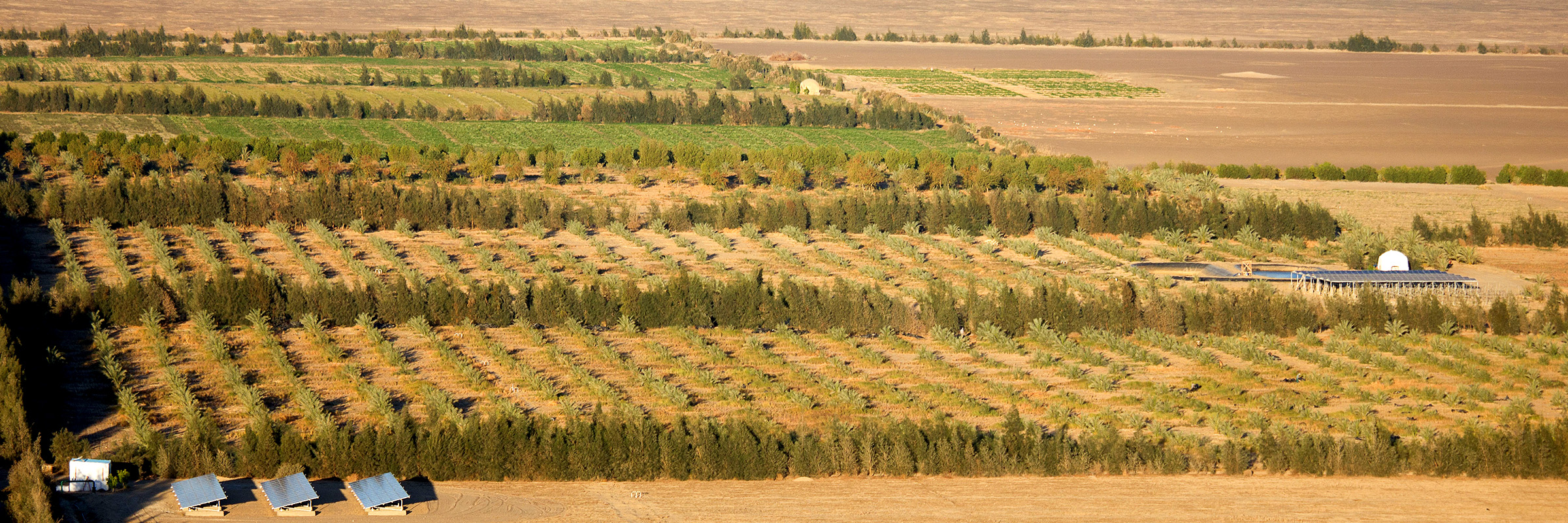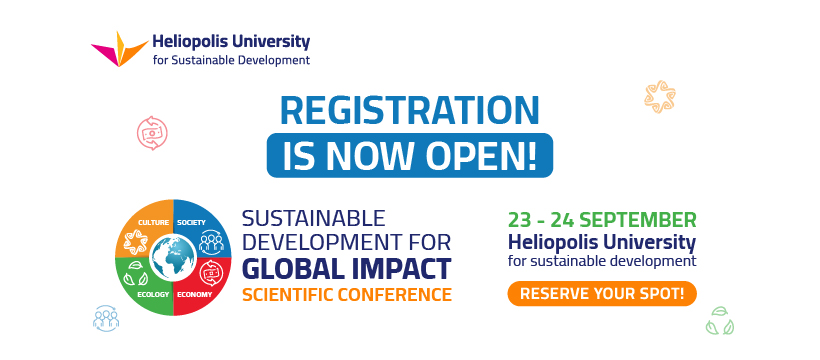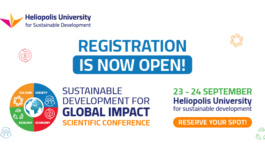SEKEM Agriculture | 100% Organic | Soil & Plants | Air & Water | Animals | Energy
Uncontrollable Consequences of GMO
Although lobbyists claim that their methods only affect specific parts of the genetic code of an organism, they cannot fully control their impacts. Thus, there is no proper technical control of genetic engineering.
The consequences range from failing yields, sever health impacts to biodiversity loss and pesticide resistance of weeds followed by stronger toxin applications.
When genetic engineering is applied, transgenic sequences enter the seed supply for traditional crop varieties, either by direct contamination (mixing of seeds in production / distribution) or by indirect contamination (via pollen / soils).
They will be perpetuated and accumulate over time, which makes it impossible to control the effects. This contamination has various effects:
- Food safety: Effects (especially long term) are still not sufficiently examined.
- Weeds: GMO can become weeds directly or via cross-contamination.
- Trade: Contamination can undermine export to Non-GMO countries (e.g. Europe).
- Organic agriculture: Contamination ultimately undermines production.
- Intellectual property right: Infringement does not require intent. Thus, farmers might violate property rights unintentionally. This could create major problems for contaminated farms.
- Food system: Contamination of harmful substances (e.g. BT toxins) could cause large-scale disruptions, recalls and waste.
- Agriculture in developing countries: It is more difficult to evaluate contamination and to enforce regulatory.
- Resistance against pesticides can cause major problems for farmers.
- Seed repositories: Ongoing contamination of the commercial seed supply could gradually undermine the quality of our communal genetic storehouse for agricultural crops. Nothing is more fundamental to the future of our agriculture and food system than a continued supply of safe, high-quality seeds.
- GMO for industry or drug production: Substances (drugs) end up in food chains, soils, and animals by contamination. (Antibodies, hormones, proteins, vaccines, chemicals for industry).
Biased Research
The real profiteers of GMO’s are neither the farmers nor the poor and hungry, but the large biotechnology companies who profit several times from the farmers’ dependency on their products.
GM companies profit several times when selling modified seeds:
- They annually sell expensive genetically modified seeds.
- They increase the demand for their corresponding herbicides (see section 1).
- The weed resistance further increases the demand for more pesticides (see section 3.4).
Monsanto, the world leading GMO company, for example is expected to increase its revenues by 74% from 2007 to 2010. In addition, they increased the retail price for their major herbicide (Round Up) by 134% within two years.
A lot of research is done on the effects of GMO. However, it is important to take into account the commercial interest of the companies that finance most of the research and the potential prepossession of scientists.
“The work in five studies (Noteborn et al., 1995; Hammond et al., 1996, Brake and Vlachos, 1998; Hashimoto et al., 1999, Teshima et al., 2000) was regarded as having been performed more or less in collaboration with private companies. In none of these studies were effects related to GM-materials reported. On the other hand, adverse effects were reported (but not explained) in independent studies by Pusztai (1998, 2002), Fares and El-Sayed (1998), Ewen and Pusztai (1999) and Pusztai et al., (1999). It is remarkable that these effects have all been observed after feeding for only 10–14 days.”
Source: Pryme and Lembcke (2003); “In vivo studies on possible health consequences of genetically modified food” in Nutrition and Health, 2003, Vol. 17, pp. 1–8
Furthermore, companies often restrict the access to their developments. Thus, independent research is not possible. This was highlighted in a statement by 26 leading scientists at public research institutions in the US.
“Technology/stewardship agreements required for the purchase of genetically modified seed explicitly prohibit research. These agreements inhibit public scientists from pursuing their mandated role on behalf of the public good unless the research is approved by industry. As a result of restricted access, no truly independent research can be legally conducted on many critical questions regarding the technology, its performance, its management implications, IRM, and its interactions with insect biology. Consequently, data flowing to an EPA Scientific Advisory Panel from the public sector is unduly limited.”
Source: www.regulations.gov
Selected Further Information:
Articles
- Jeffery M. Smith (2006); Genetic Roulette: The Documented Health Risks of Genetically Engineered Foods
- Marie-Monique Robin (2010); The World According to Monsanto: Pollution, Corruption, and the Control of the World’s Food Supply
- Demeter Association, Inc. (2010); Biodynamic Farm Standard
Links
- Percy Schmeiser: www.percyschmeiser.com
- Vandana Shiva’s Navdanya project: www.navdanya.org
- IFOAMs Position on GMO
- Greenpeace’s anti-genetic engineering campaign
Movies
- Robert Kenner (2009); Food Inc.
- Bertram Verhaag (2004); Life running out of control
- Bertram Verhaag (2009); David versus Monsanto











